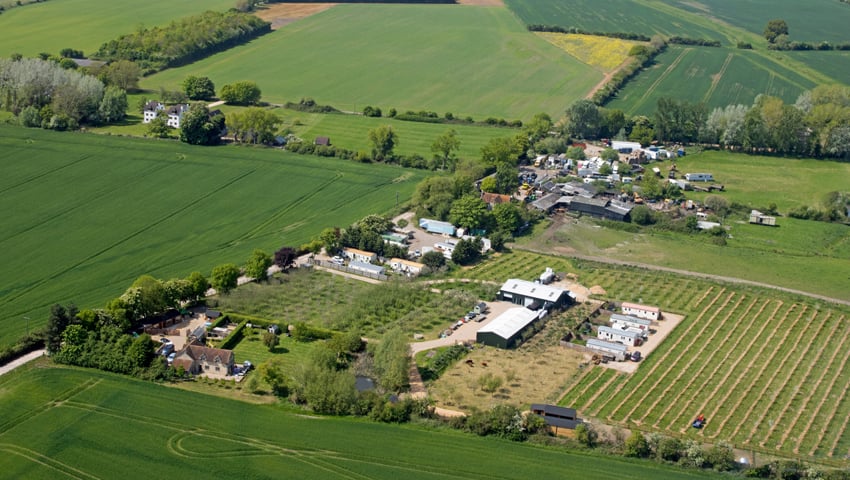Article by Ian Barnett, National Land Director, Leaders Romans Group (LRG)
In late January the Department for Levelling Up, Housing & Communities launched a consultation on the Contractual controls on land in England and Wales. The consultation runs until 20 March and invites comments from all members of the public, along with organisations including representative bodies, communities and businesses.
This is relevant to landowners because it changes the way in which information about land ownership can be accessed.
The risk associated with the change is that it could fuel anti-development sentiment among local communities to the detriment of landowners.
It also raises questions about how public engagement on potential development could be managed more effectively.
The aim of the government’s consultation is to provide a reliable and accessible source of information for communities, developers, and other stakeholders, at an earlier stage in the land sales and development process. It would even apply to land which remains as farmland, as it would include a range of forms of potential land sales, such as options agreements.
Under new regulations (to form Part 11 of the Levelling Up and Regeneration Act), a national dataset would be created, comprising the ‘what’, ‘where’, ‘who’ and ‘when’ of contractual control agreements. The government’s stated objective is to promote transparency by providing a reliable and accessible source of information for communities, developers and other stakeholders.
Currently, public engagement on land which may be sold for development usually begins when the land is put forward for allocation the local planning authority’s local plan. At this stage the landowner’s intention to develop and ultimately sell their land is made known and the local community is encouraged to comment through the local plan process. Prior to this stage, however, changed intentions are not required to be made public.
Many of us in the land industry are concerned on behalf of our landowner clients that members of local communities may lobby landowners and campaign with the intention of stalling land sales and stopping housing from being built.
At this very early stage in the development process – when the land sale is first discussed but the site does not have an allocation in the local plan – proposals and other consultation documents are not yet available and the local community is unable to comment on meaningfully.
The change would encourage those fundamentally opposed to development to get involved in the process – but any objection at this stage would fall far short of meaningful engagement. Instead, it could potentially stir unnecessary conflict between the landowner and the local community – where, if more detailed development proposals been available, the community may have been supportive.
Furthermore, concerns have been raised about local newspapers scanning the new database for recent options agreements, or protest groups using mapping tools to identify land which has changed hands, and to whom. Clearly there is little benefit in creating alarm for no reason.
I would like to think that I am wrong in assuming that the potential for development would necessarily result in alarm and adversity – but sadly, the vast majority of development proposals and planning applications result in objections rather than support.
Perhaps the government’s aim of achieving greater transparency, while commendable and an important facet of our democratic planning system, is directed at the wrong stage in the process.
My belief is that meaningful engagement – that which is less adversarial and more collaborative – would come from strengthening community involvement in the local plan process.
It is regrettable that under the same government we have seen one prime minister (Boris Johnson) rallying his Party Conference by promising to spare party members the ‘constant anxiety’ of their ‘immemorial view of chalk downland’ being ‘desecrated by ugly new homes’; another (Liz Truss) referring to housing targets as ‘Stalinist’.
The urgent need to address the housing crisis can only met if landowners, land promoters, developers and local communities can collaborate. Landowners are pivotal in the success of this relationship: some of the most successful and most popular developments are those with ‘landowner legacy’ at their heart.
Today an opportunity for landowners and developers to work together also exists thanks to the Environment Act: the ability for landowners to provide land for the hosting of biodiversity credits enables farmland to remain ‘green’ while indirectly facilitating development.
Democracy has had an active role in planning since the first Town and Country Planning Act in 1947 and this should remain the case – but note that the Act concerns planning, not ownership (and certainly not potential future ownership).
Article by Ian Barnett, National Land Director, Leaders Romans Group (LRG)
Take part in the contractual controls on land consultation here
